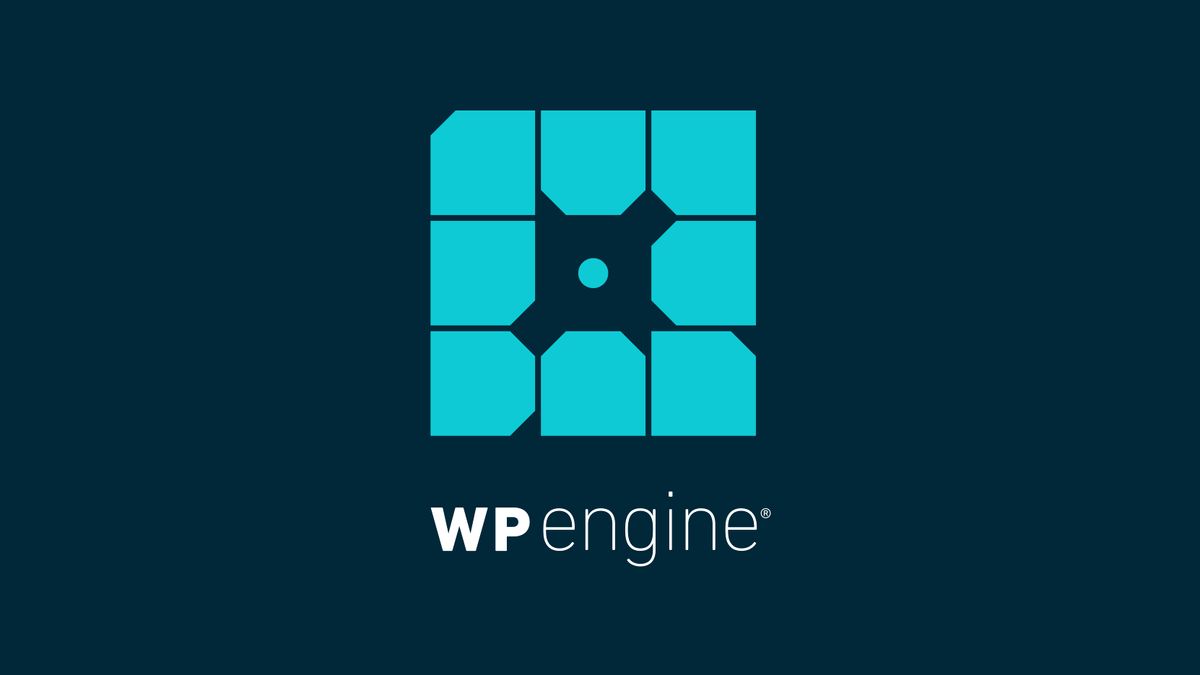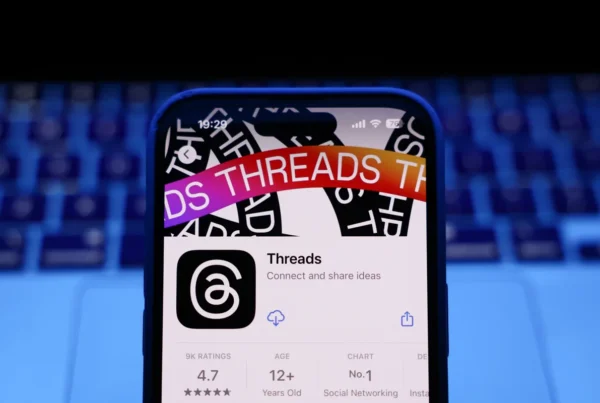
Date Filed: October 18, 2024
Hearing Scheduled: November 26, 2024, Northern California court
WP Engine, a prominent website hosting platform, has officially filed a preliminary injunction seeking to regain access to WordPress.org, citing what it claims to be retaliatory actions by WordPress co-founder Matt Mullenweg and his company, Automattic. The hosting company alleges that it has been denied access to key resources, affecting its ability to serve customers and maintain critical security functions.
The Heart of the Dispute
WP Engine’s motion accuses Mullenweg and Automattic of waging a “nuclear” offensive against its business after WP Engine declined to pay what it described as an “extortionate demand” of tens of millions annually for a licensing fee. The injunction filing outlines alleged actions by Automattic and Mullenweg, including blocking WP Engine from business tools, security updates, and accusing Mullenweg of assuming ownership over one of WP Engine’s popular software products.
These limitations, WP Engine claims, have severely impacted its business operations, citing:
– A 14% increase in customer cancellations,
– A 29% decrease in new customers from its “self-service” channel,
– A deficit of 333 new contracts in the “sales-assisted” channel.
Automattic and Mullenweg’s Response
In response, Automattic and Mullenweg contend that WordPress.org is a separate entity, solely under Mullenweg’s individual oversight for the benefit of the community, and not controlled by Automattic or the WordPress Foundation. They argue WP Engine built its business around WordPress.org “at its own risk,” assuming Mullenweg would maintain free access to the site indefinitely.
According to Mullenweg, WordPress.org’s infrastructure and resources are not contractually owed to WP Engine. He responded on his blog by asserting his First Amendment rights and criticized WP Engine’s approach: “They claim this is about community or some nonsense, but at its core, they’re asking a judge to restrict my First Amendment rights.” Mullenweg added that he would refrain from personal commentary on the case until after the court ruling.
Community Reactions and Implications
The dispute has sent waves across the WordPress community, with developers and business owners expressing concern over the stability and future of WordPress as an open-source platform. Jeff Chandler, founder of WP Tavern, voiced his alarm on social media, stating, “The implications of this case affect the very fabric of what’s been built and maintained over 21 years.” Chandler fears this situation introduces a precedent that could affect other plugins and businesses built within the WordPress ecosystem.
Industry Leaders Weigh In
* Brian Coords, Web Developer – Coords noted the importance of treating platforms like WordPress.org as “someone else’s sandbox,” urging builders to have alternative distribution plans.
* Andrew Palmer, Co-Founder of Bertha AI – Palmer reminded the community of the risks associated with shifting governance over open-source projects, referencing other formerly open-source platforms that have been privatized.
* Katie Keith, CEO of BARN2 Plugins – Keith expressed hope that the injunction might provide greater stability, alleviating uncertainties within the ecosystem.
Widespread Coverage and Media Attention
The legal standoff has attracted significant attention from the media, including major outlets such as the BBC, as stakeholders within the tech industry and WordPress ecosystem closely watch the developments ahead of the scheduled court hearing on November 26, 2024.
What Lies Ahead?
The hearing will be a defining moment in this high-stakes standoff, which could reshape the relationship between WordPress.org and businesses relying on its resources. As the situation unfolds, companies across the WordPress community are considering how they might adapt to any potential restrictions on the open access they’ve relied upon for years.
"WordPress/.org is not WordPress" is a good reminder that only the code is open source.
When you build something online, you should treat all platforms and distribution channels as someone else's sandbox and plan accordingly.— Brian Coords 💻 (@briancoords) October 23, 2024




